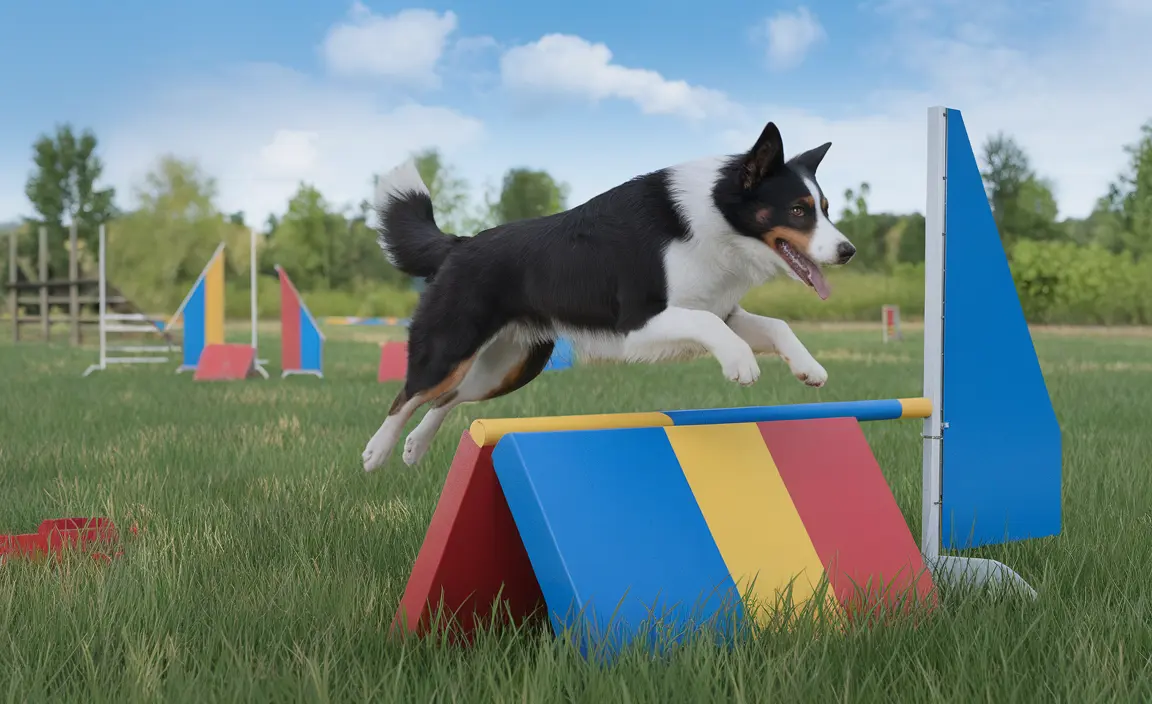Determining the intelligence of our four-legged companions is a fascinating yet complex endeavor that goes far beyond simple obedience or trick-learning. The world of dog intelligence is nuanced, multifaceted, and often misunderstood, with researchers and dog experts continually exploring the depths of canine cognitive abilities.
In this comprehensive guide, we'll dive deep into the intricate world of dog intelligence, exploring how experts rank the most intelligent dogs and what truly defines cognitive capability in our beloved canine friends.
Understanding Dog Intelligence Ranking
Dog intelligence is not a one-dimensional concept. Unlike human intelligence tests, ranking canine cognitive abilities requires a multifaceted approach that considers various factors such as problem-solving skills, adaptability, and breed-specific working intelligence.
The Science Behind Intelligence Measurements
Renowned experts like Stanley Coren have developed comprehensive methods to assess dog intelligence. These methodologies typically evaluate three primary types of intelligence:
- Instinctive intelligence (breed-specific abilities)
- Adaptive intelligence (problem-solving skills)
- Working and obedience intelligence (ability to learn and follow commands)
Top 10 Smartest Dogs: What Makes Them Stand Out
While intelligence rankings can vary, certain breeds consistently demonstrate exceptional cognitive abilities. Border Collies, for instance, are often cited as the most intelligent dogs due to their remarkable problem-solving skills and incredible work ethic in herding environments.
Breed-Specific Cognitive Strengths
Different dog breeds excel in unique areas of intelligence. German Shepherds showcase extraordinary working intelligence, making them exceptional in roles like police and service work. Poodles demonstrate remarkable adaptability and quick learning across various tasks.
Challenges in Measuring Canine Intelligence
Experts caution against oversimplifying dog intelligence. Each dog is an individual, and breed rankings do not guarantee superior cognitive performance in every instance. Environmental factors, training quality, and individual temperament play crucial roles in a dog's perceived intelligence.
Beyond Traditional Intelligence Metrics
Modern researchers argue that traditional intelligence rankings might not capture the full spectrum of canine cognitive capabilities. Some experts suggest that all dogs possess similar fundamental cognitive potentials, with environmental enrichment and training being key differentiators.
Training and Cognitive Development
While some dogs might have genetic predispositions toward certain cognitive abilities, proper training and mental stimulation can significantly enhance a dog's intelligence. Consistent, positive reinforcement and engaging activities can help develop problem-solving skills across all breeds.
Strategies for Cognitive Enhancement
- Provide puzzle toys and interactive games
- Engage in regular training sessions
- Offer diverse environmental experiences
- Practice positive reinforcement techniques
Frequently Asked Questions
What are the top 10 most intelligent dog breeds, and why are they considered so smart?
The top intelligent breeds typically include Border Collies, Poodles, German Shepherds, Golden Retrievers, Doberman Pinschers, Shetland Sheepdogs, Labrador Retrievers, Papillons, Rottweilers, and Australian Cattle Dogs. These breeds excel in various cognitive tasks due to their strong working backgrounds and high trainability.
How do dog intelligence rankings, like those from Stanley Coren, measure canine cognitive abilities?
Stanley Coren's rankings primarily focus on working and obedience intelligence, measuring how quickly dogs learn commands and their ability to follow instructions. His methodology involves surveying professional dog obedience judges and conducting extensive research on breed-specific learning capabilities.
How can I tell if my dog is particularly intelligent, and what signs should I look for?
Signs of canine intelligence include quick learning of new commands, problem-solving skills, adaptability to new situations, understanding complex instructions, and showing curiosity and engagement during training sessions.
Can any dog be made highly intelligent with proper training, or are some breeds naturally more capable?
While breed characteristics influence cognitive potential, every dog can improve its intelligence through consistent training, mental stimulation, and positive reinforcement. Individual variation within breeds is significant, and environmental factors play a crucial role in cognitive development.
What are some common misconceptions about dog intelligence, and how do breed-specific traits affect perceived intelligence?
Common misconceptions include equating obedience with intelligence and assuming that a dog's ability to perform tricks directly correlates with cognitive capabilities. Breed-specific traits like herding, hunting, or working backgrounds contribute to different types of intelligence that may not be captured by traditional ranking methods.






